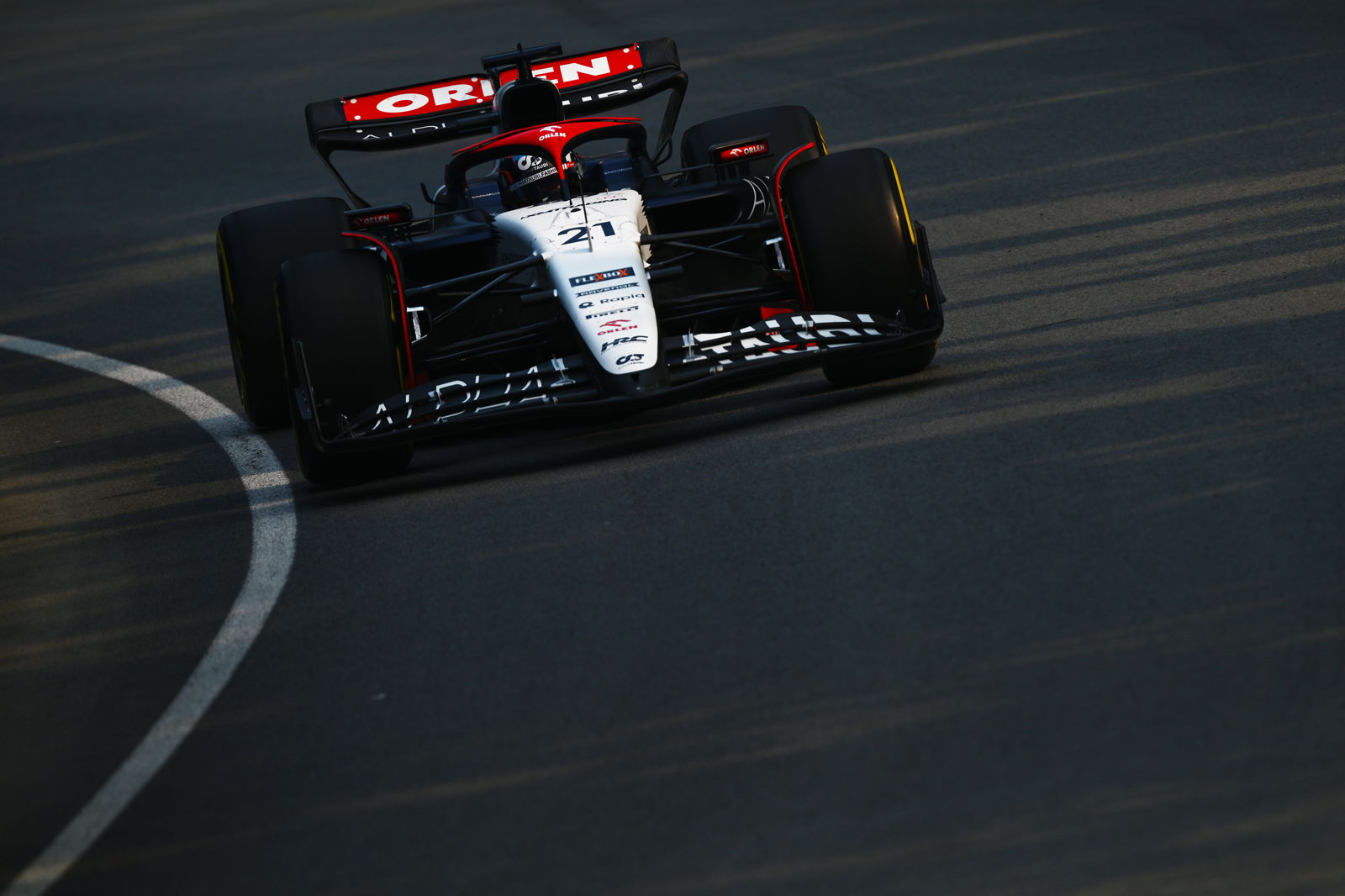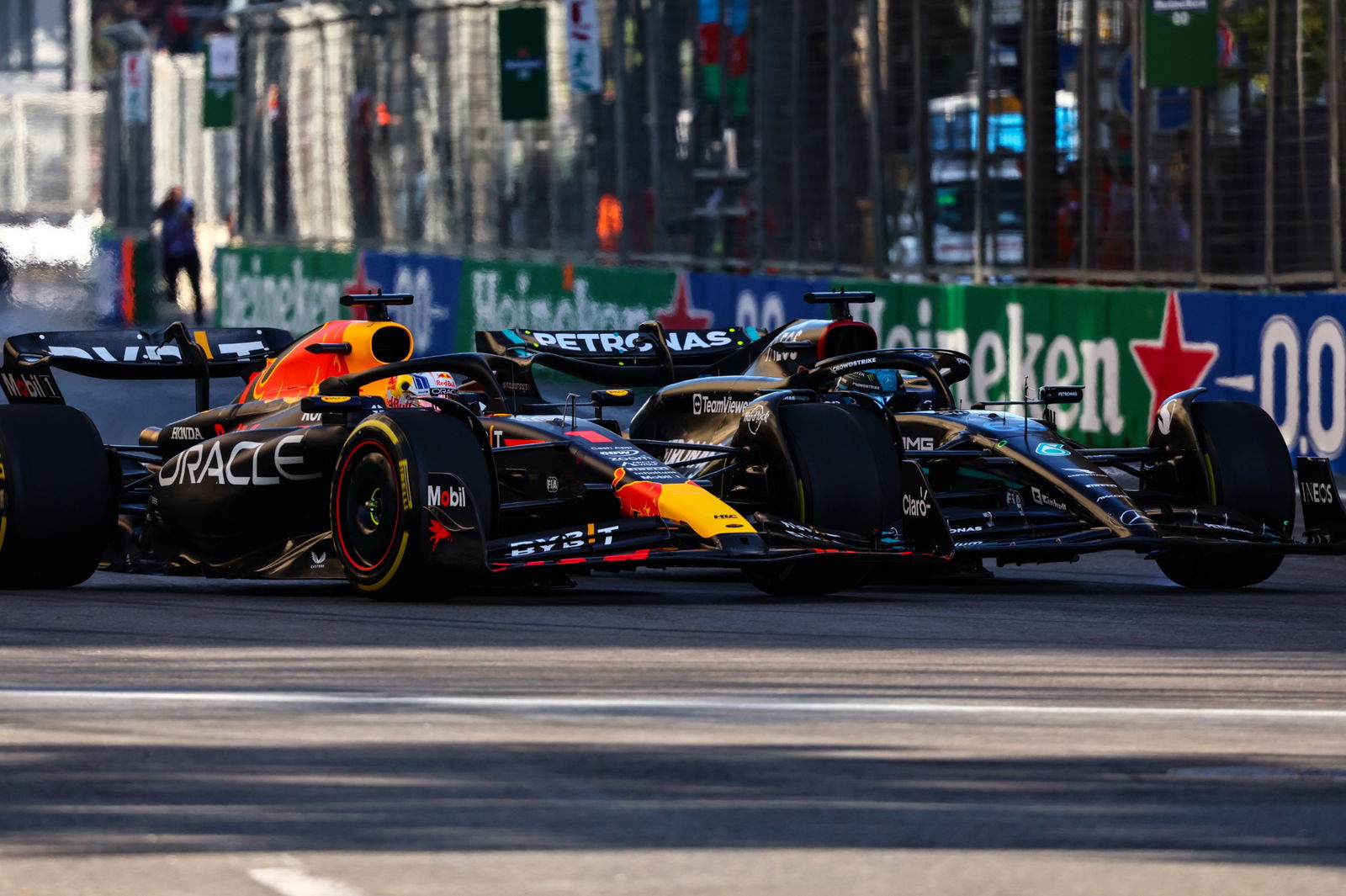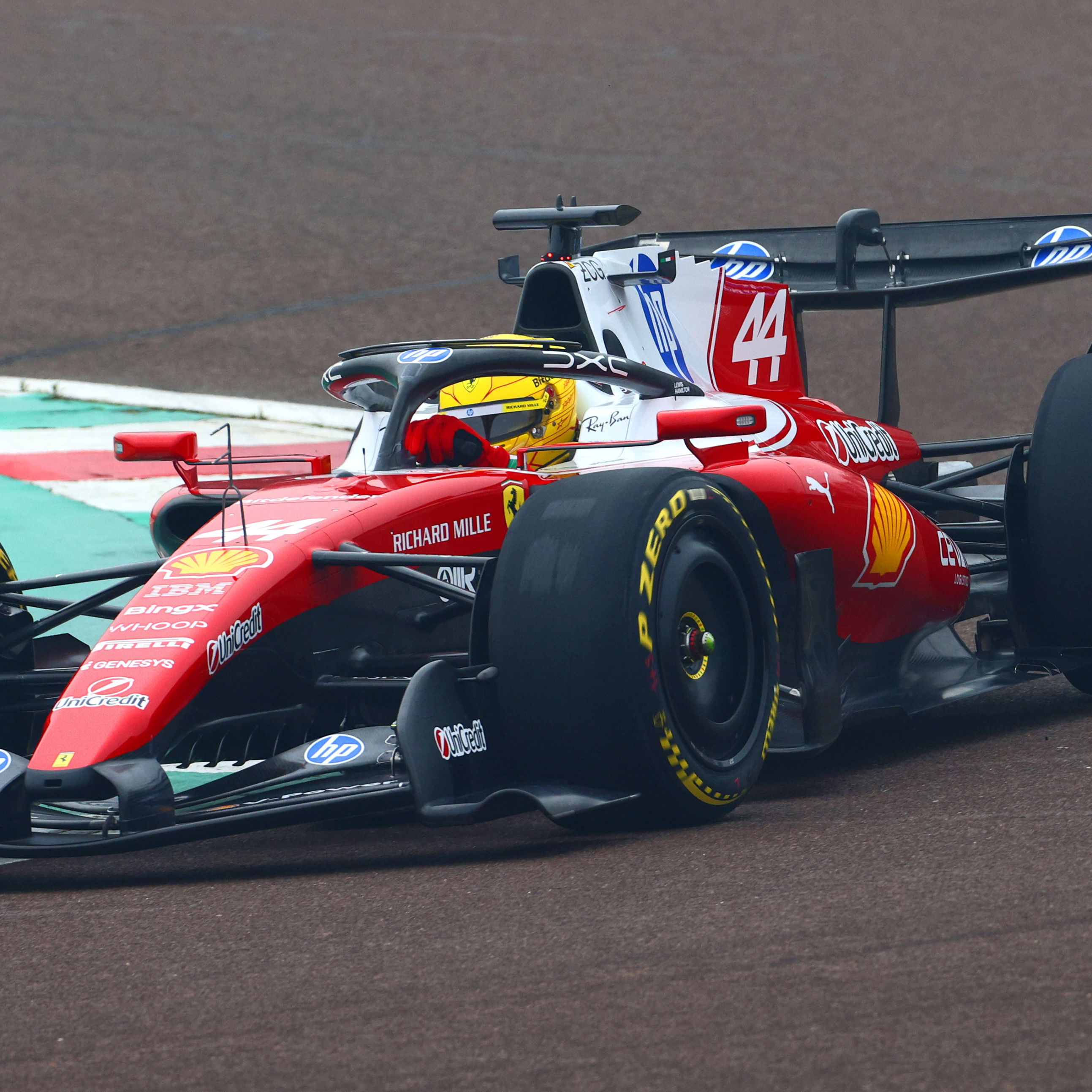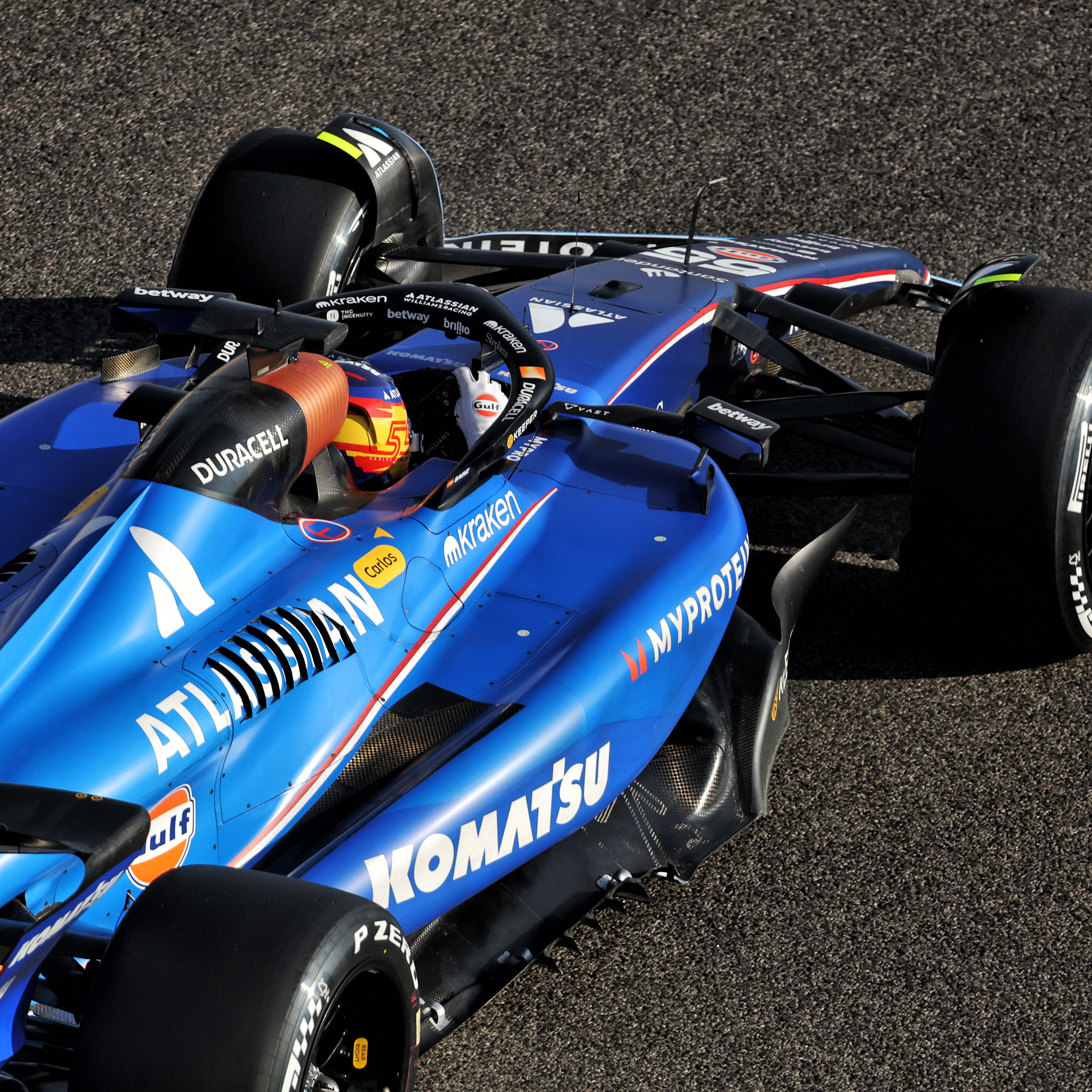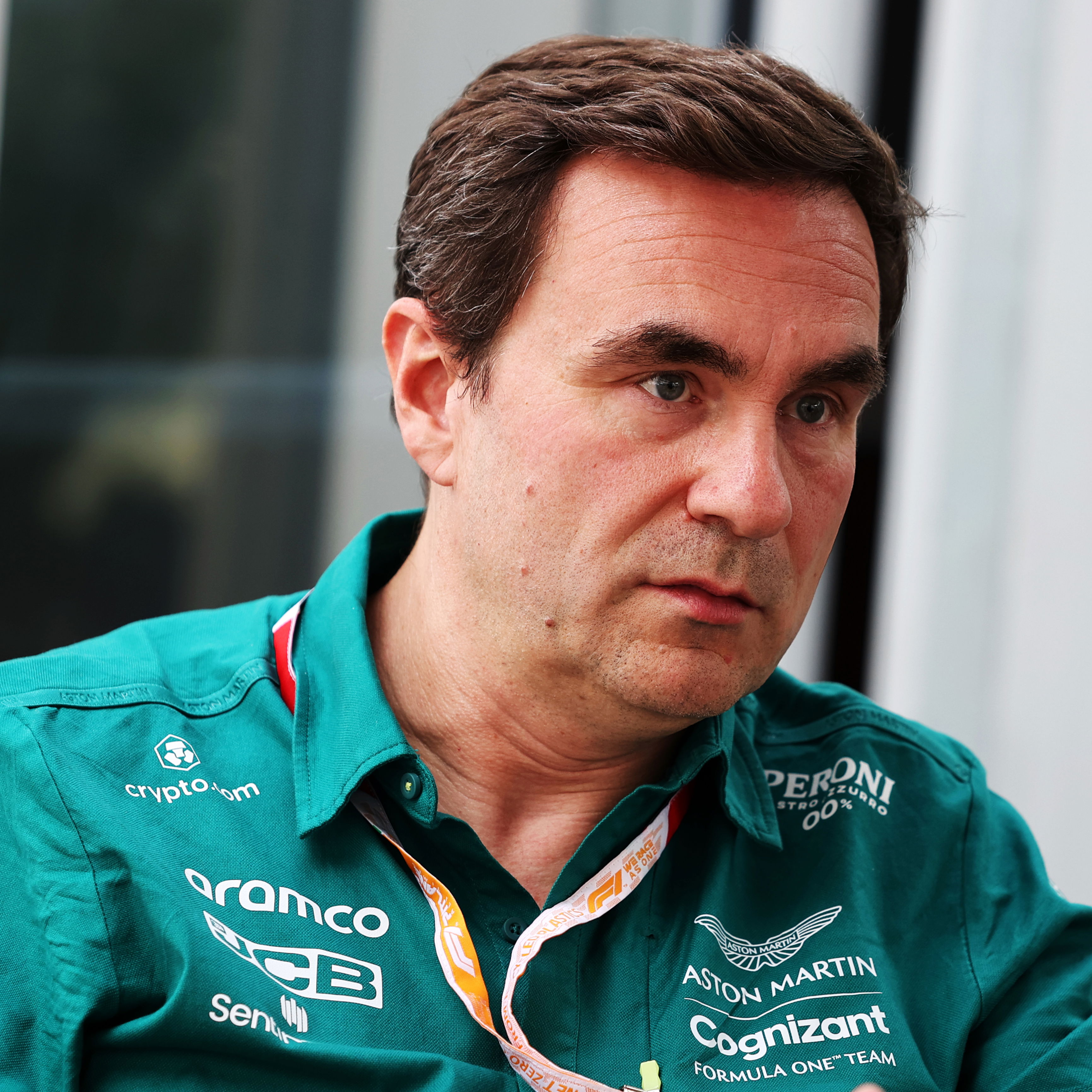Ex-Mercedes chief James Vowles claims F1 cost cap loophole disadvantages smaller teams

Spending restrictions were first introduced in 2021 with the aim of lowering costs and helping to make F1 more competitive by levelling the playing field.
The F1 cost cap was originally set at $145m and has since been reduced to $138.6m for the current 2023 season.
Volwes, who previously worked as a strategist at Mercedes prior to his move to become Williams’ new team principal at the start of the year, is largely a supporter of the tighter financial regulations.
“There’s the operational budget cap, which is the number that most people know,” Vowles told RaceFans.
“That’s the $145m – which is not really $145m, it’s larger than that because there’s various corrections applied to it – that’s the number everyone thinks of the cost cap.
“That bit, I’m completely in support of. It’s a good thing. It’s why these businesses are now becoming sustainable. It’s why Formula 1’s growing the way it is.
“In all the time I’ve been in Formula 1, we would just spend as much as we could to be quicker. But everyone’s doing the same thing, so you just end up in this game where we’re just ratcheting up our budgets relative to each other. That is a really good decision.”

However, Vowles highlighted an area where smaller teams are being disadvantaged in their bid to close the gap to the likes of Red Bull, Mercedes and Ferrari.
“What wasn’t a good decision is we have a capital expenditure side of the cost cap,” he explained.
“When I had my Mercedes hat on, unfortunately I knew what this would do which is why we were so keen on signing it up and restricting this.
“At Mercedes we had about $300 million-worth of equipment that Williams does not have. That’s locked in and no one else would ever catch that up. And even if they could, imagine how long it takes you to spend $300 million, get the money together, put it in place.
“That’s why the big teams signed up to the cost cap very quickly. And, for small teams, what it meant is that we’re fighting really with one arm behind our back by comparison."
